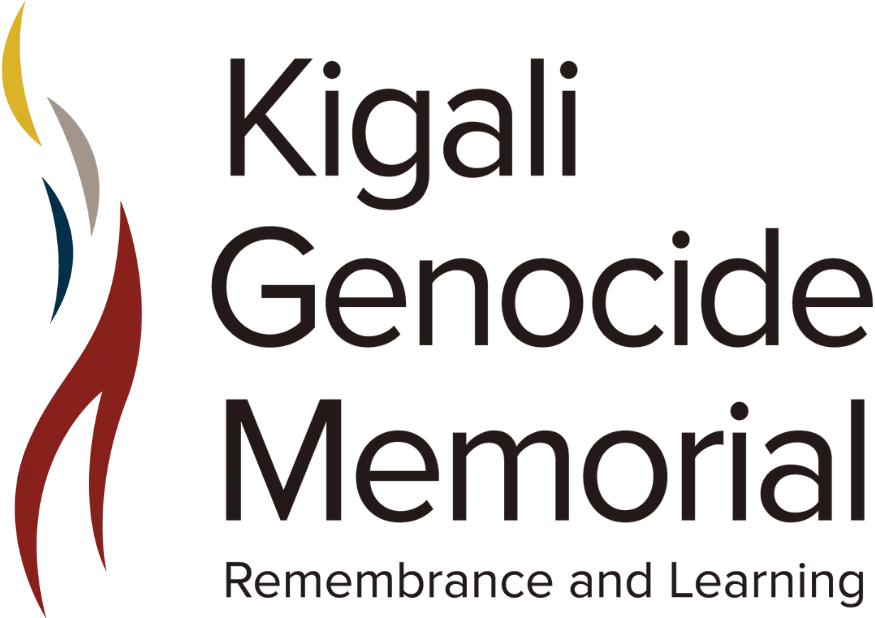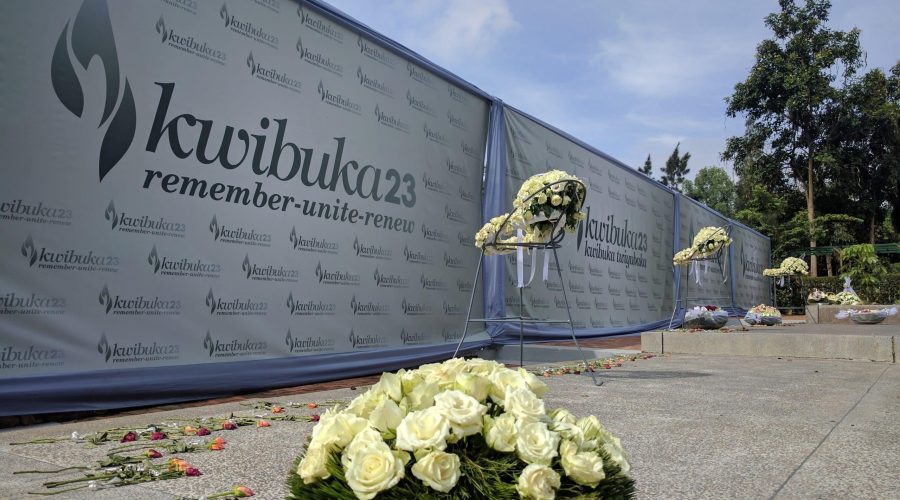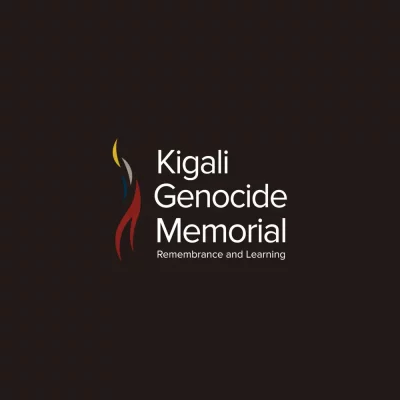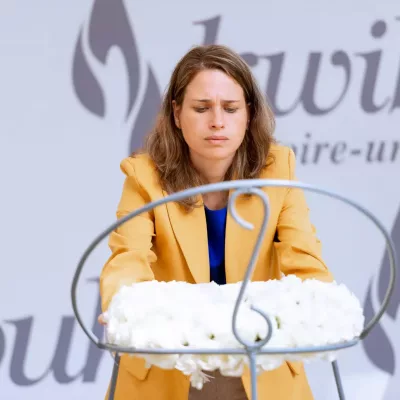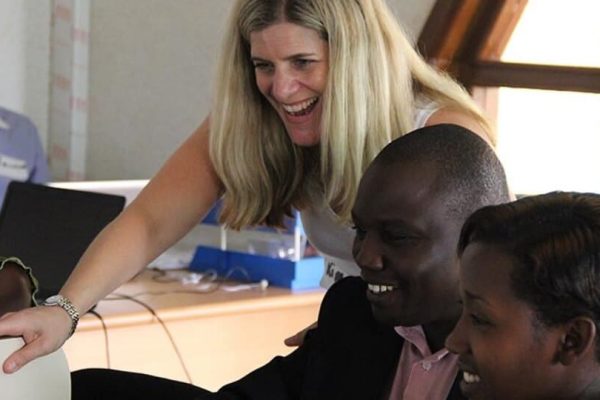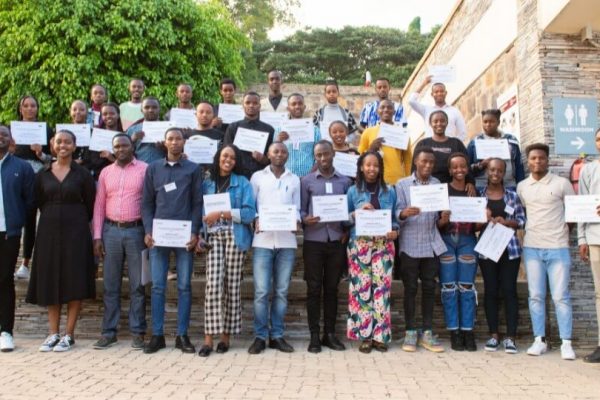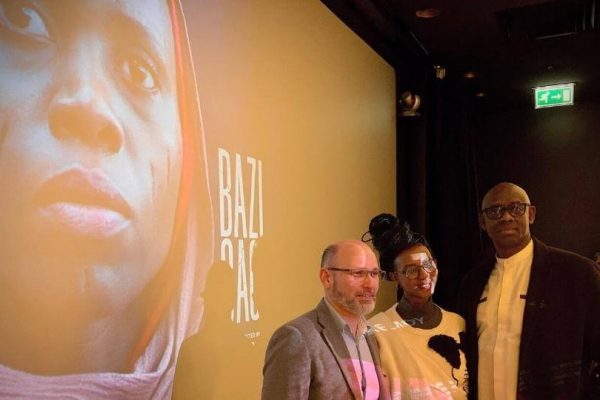Students and teachers from Kagarama Secondary School have visited the Kigali Genocide Memorial to learn more about the Genocide against the Tutsi and how young people can help to build the country anew.
During their visit, they listened to guide D’Artagnan Habintwali who explained Rwanda’s history since colonialism and the consequences of the Genocide. In the workshop, the students asked questions related to the history of the Genocide, how it was executed and different challenges that Rwanda faced after the tragedy and how the country managed to deal with those issues.
Wilberforce Mwebembezi, a history teacher who came with the students, said that they visited the memorial to learn how to fight genocide ideology as well as contribute as ethical citizens to building the country.
“We have come here to get more information about Rwanda’s history as we know that this is a valuable and credible source of information of what happened in Rwanda. These students are candidates for national exams and I think it will be a good chance for them to capture information that will help them to conduct research. As young citizens, they also have a social responsibility to support the reconstruction of the country.”
Etienne Rubazinda, class monitor from Senior 6, said that they learned that the Genocide did not happen by change and that they will use all possible means to fight genocide ideology.
“This is my first time to visit the Kigali Genocide Memorial. We have seen that the Genocide was not an accident and we have got enough information about what happened – even more that what we learned in school. We see some deniers on social media and other platforms mostly used by young people. We have to use all means so that we can oppose them because if we stay quiet and do nothing, the world will know a false history.”
Chantal Uwase, a Senior 6 student studying History, Economics and Geography, said that she managed to learn more about the Genocide, which she had little information about beforehand.
“It is my first time to visit the memorial, but I learned more about it. We have learned how the Genocide was planned and executed by the government. If you do not know the history, you will not be able to teach your children what happened. My advice to everyone is to focus on what unites us, not what separates us.”
